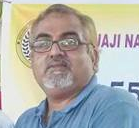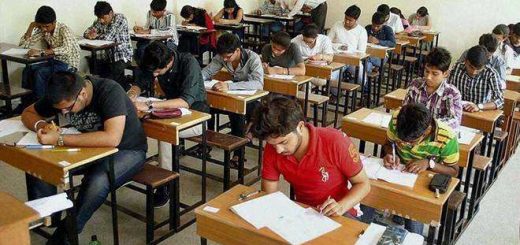Winter school on speech and audio processing held

S Vishnu Sharmaa, INN/Chennai, @Svs037
Indian Institute of Technology, Mandi (IIT-Mandi) is always the hub of activity. This has turned true once again with the prestigious institution hosting 15th winter school on speech and audio processing.
The well-known educational hub invited researchers from India and abroad to train participants on the best practises in the area of machine listening in the winter school. The 15th winter school titled ‘WiSSAP 2020’ is themed around ‘Machine Listening: Making sense of Sound.’
The event hosted invited talks and tutorials by eminent researchers in the field of machine perception, soundscape analysis and deep learning.
Machine listening deals with creating algorithms which can perform tasks based on the human ability to make sense of surroundings using sound, through computer simulations. Machine listening can aid researchers in developing intelligent assistive devices, self-driving cars, enhanced human-computer interactions and so on.
Professor Timothy A. Gonsalves, Director, IIT Mandi, said WiSSAP 2020 is an important step to leadership in data science for IIT Mandi. Fields like Artificial Intelligence, Machine Learning and Signal Processing are seeing rapid growth in a world where computing technology is growing exponentially.
This School will provide participants from diverse backgrounds an exposure to different models and tools of machine listening, he said.
Professor Padmanabhan Rajan, Associate Professor, School of Computing and Electrical Engineering, IIT Mandi said the objective of the winter school is to was to expose students and researchers to the exciting field of machine listening which has applications in various domains including robotics, smart devices.
There is a tremendous scope in machine listening in the age of artificial intelligence-driven products and services, he said.
The focus of WiSSAP-2020 is on Machine Listening, a challenging area of research. It refers to a vast collection of techniques developed over the years with the aim to improve the algorithms of machine listening with respect to machine perception, soundscape analysis and deep learning.
With varied applications like self-driving cars, intelligent assistive devices and enhanced human-computer interaction, machine listening brings together various domains like audio signal processing and modelling, artificial intelligence and cognitive science in addition to these, there were two lab sessions where participants were involved in building machine listening algorithms.
The school was jointly sponsored by IEEE Signal Processing Society, National Mission on Himalayan Studies, Samsung, Amazon Alexa, ZAPR Media Labs and Pindrop.
It hosted a number of international speakers including Dr. Paris Smaragdis from University of Illinois, Urbana – Champaign, Dr. Dan Stowell from Queen Mary University of London and Mr. Sharath Adavanne from Tampere University, Finland. Paris Smaragdis covered topics related to the basics of Digital Signal Processing (DSP), Matrix factorisation for audio, and Deep learning for source separation.
Dr. Dan Stowell spoke on Machine learning for audio, Environmental machine listening, and Learning with limited data. Mr. Sharath Adavanne delivered an expert lecture on Sound event localisation and detection.




